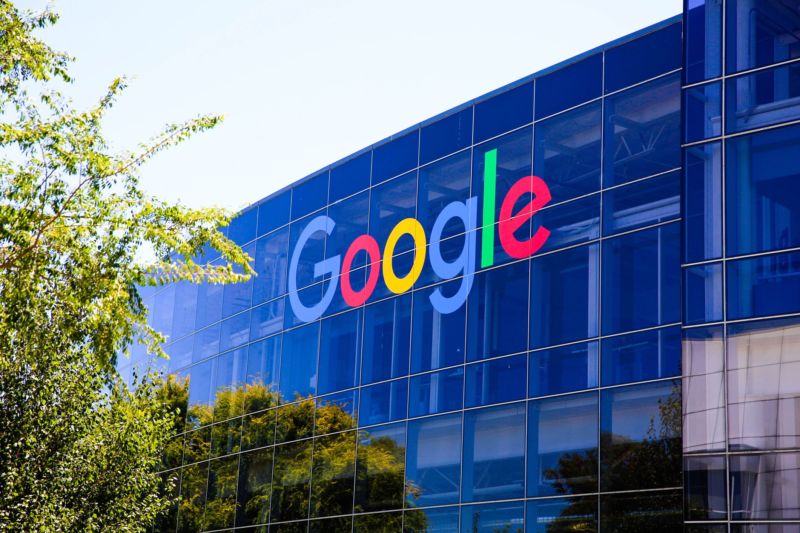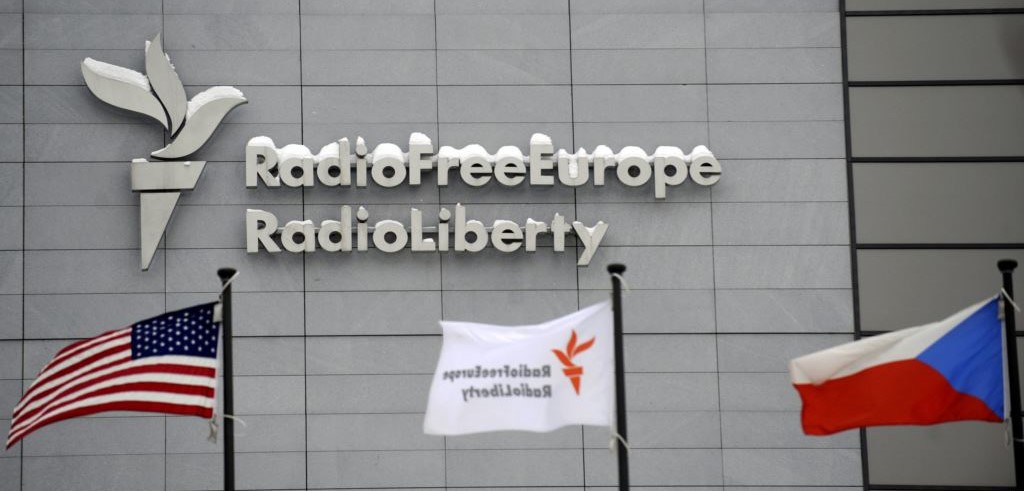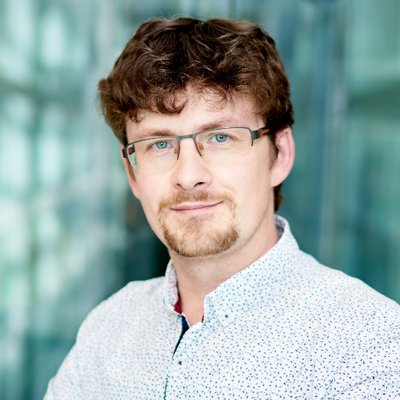In a virtual conference organized by the Brussels-based Prosum Foundation, communication and media expert Vaclav Stetka discussed “infodemic”, the media dominance of digital giants and the pros and cons of a European public media. The event was hosted by István Teplán, president of Prosum Foundation.
Host: István Teplán
Online conference
Most people get their information about politics and the world from digital media today,” says Mr Stetka. Political communication has changed and is taking place primarily in the sphere of social media. “The importance of media communication could have never been higher,” he claims. There are several good reasons public media is needed perhaps more than ever these days.
Western democracies have been going through a very volatile period experiencing the rise of populism and facing the crisis of trust and legitimacy. To a significant extent, the populist turn of recent years has been aided by the changes to our information ecosystem, “particularly the increasing role of social and digital media,” Mr Stetka asserts.
Infodemic
Not only have populists been able to take advantage of the new media channels, but of the current pandemic as well. “This represents a challenge to our information systems,” he claims.
“Societies have been quickly flooded with new waves of disinformation – the WHO calls it ‘infodemic’, occurring mostly through digital and social media, but also substantially amplified by the mainstream media.”
With all the damage it has caused, the pandemic has made people to look for trustworthy sources of information. “There has been a substantial increase in consumption of news from quality sources, including public service television,” the lecturer points out. “The increased interest has been accompanied by an increased trust to public service television,” he says.
The role of the market
In his opinion, it would be a mistake to rely solely on the markets. The news media has been undergoing major economic troubles that started with the financial crisis and increased by the rise of the internet and the shift of the ad resources to social media.

Global giants like Google and Facebook are the biggest benefactors, and they have left little space to the professional media. “They form a duopoly, which is very worrisome,” Mr Stetka argues.
Media journalists become vulnerable to the pressures by politics, advertising, businessmen wanting to instrumentalize these outlets for the own business or political goals. “There is all source of risks and dangers from the market, but a well-functioning democracy means a pluralistic market approach,” he says.
“In a situation where economic resources stemming from the market are limited, the state needs to step in and fulfill this role.”
In many countries in Central and Eastern Europe, however, illiberal governments have attacked public broadcasting. In Hungary, Poland and the Czech Republic, there have been systematic attacks on the independence of public service media and it has been used for propaganda purposes.
European public media
In Mr Stetka’s view, the idea of a European public media is an “ambitious proposal but a complicated issue.”
The fact is that there are troubles with press freedom in certain countries. One of the indicators is that Radio Free Europe, a channel combating authoritarian regimes, has returned to Bulgaria and Hungary.

Euronews used to have the ambition to become a transnational, European provider, but its reach is very marginal. “It is worth pursuing the idea of a European public media but there are risks and challenges,” he says.
Another way to achieve a similar goal could include the forming of an already existing network of credible news organizations into an alliance, with financial help from the European Union. These outlets could exchange journalistic material and news.
In many countries, public service television fulfills its real mission and it has the trust of the people. “The Czech television would be the first to oppose an EU public service television because it would be seen as a competitor,” the media expert warns.
“Hungary would need such a measure, but it wouldn’t fit all the countries in the same way. A more nuanced solution has to be found.”
Another way to handle the situation could be that the European Commission intervenes in these markets to help independent journalism to survive and flourish. “We have recently seen some promising signs like the digital tax so that digital platforms share their income,” Mr Stetka says.
Support of independent media growing
European citizens need to be aware of how acute the situation is in many of these countries. “There is a lack of interest in the west about Central and Eastern Europe,” he claims. “Political support from western countries is required.”
A positive development over the last couple of months in Poland (Gazeta Wyborcza), the Czech Republic (Deník N) and Hungary (Telex) has been that an increased number of individuals have decided to subscribe to high-quality news media channels. “Many people are willing to support these outlets financially,” he argues.
People are becoming alert of the necessity of independent online news. “They are recognizing that quality journalism cannot be achieved without their financial help.” This phenomenon is happening where public service media has been turned into a government weapon.
The digital sphere is the only hope of resistance. “Investing in high-quality information media should be part of a European security strategy,” Mr Stetka demands. “That will protect its citizens from illicit sources and influences.”
Cover photo credit: Getty Images

Vaclav Stetka is Senior Lecturer in Communication and Media Studies at Loughborough University, UK. His research interests encompass political communication and the role of new media, media systems in Central and Eastern Europe. Since 2016 he is Vice-Chair of the Political Communication Section of the European Communication Research and Education Association. He is active contributor to several international research projects, including Digital News Report, Media Pluralism Monitor or the Network of European Political Communication Scholars. Since 2019 he is Principal Investigator of the project “The illiberal turn: political polarization, news consumption and democracy in Central and Eastern Europe”, funded by the ESRC. Twitter: @VStetka
Photo credit: Vaclav Stetka



